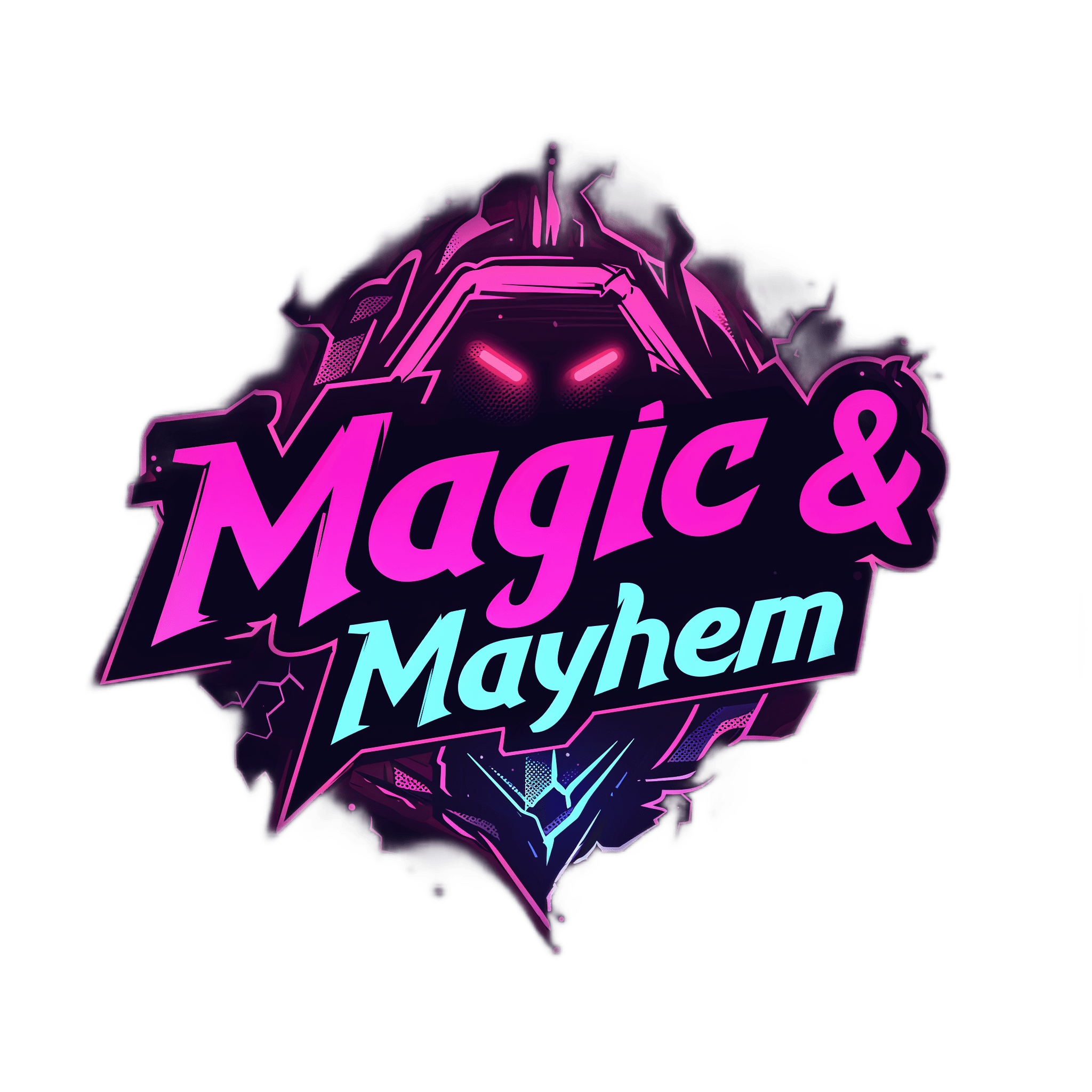Let’s talk about player responsibilities: Honestly, I could probably write an individual post on each of these subtopics, maybe I will, I don’t know. But let’s do it.
Think about the system you play: does it have long spell descriptions? Short ones? Complicated weapon mechanics? Simple ones? Your DM already has a lot on their plate, don’t make life harder. I know it is a new age where many people pay their DMs, and there are an incredible amount of online tools to help, but there was a time that the DM was just your buddy and they would slave over hand-drawn maps and create entire worlds they carried around on USB sticks or had scribbled out in notebooks.
There is a level of appreciation for the DM that even now, should be maintained, it’s hard work even with all the tools available now and the access to VTT’s. Give them shit if they deserve it, but don’t expect them to have every spell memorized or to hold your hand through every step of the game (if you’re new, newbies are precious and can have their hand held so much it’s uncomfortable).
Take some initiative, help however you can for the game to run smoothly. Hence, player responsibilities:
Know your shit – There are different levels of difficulty and complexity in different TTRPGs, some are crunchier, some less, but all of them tend to have at least a core set of rules for everyone to follow and a subset that relates directly to your character and abilities and spells that they have. You need to know how your character works.
- With all the automated character sheets and VTTs, it is very easy to be lazy and not to understand your stats or how they relate to your character, but if the DM asks you how you have AC +2 or what that mysterious damage modifier is that you’re adding; know the answer.
- Understand what your spells do – How annoying is it to sit there at the table waiting for your turn in combat while there is a ten-minute discussion and thorough reading of a 5 paragraph spell description because no one has any clue what it does, and THEN it’s not going to work in this circumstance anyway, so they end up just hitting the guy with a sword? Know your shit and understand what it means for other players.
Talk to your dm or talk to other party members outside of game time if you need help understanding, but for the love of whatever god or demon or teapot you ascribe to, figure it out before you come to the table so that owlbear doesn’t just rip us apart out of sheer boredom.
Be a team player – there is this separation of “roles” in rpgs: tank, healer, dps, utility, etc. Great, now what if I said that every single one of those has an element of support?
- Tanks need to mitigate damage across the battlefield, not just be a big-tough meat shield. A tank’s primary job isn’t to hit hard believe it or not.
- DPS needs to consider the positioning of their martial-class party members before they cast those massive, lingering AOE spells. An easy way to TPK a party is by a caster making half of them obsolete.
- Martial characters have a lot of concern with battlefield control, where you position yourself can often impact who gains advantage, who ends up getting hit, and whether or not the healer can get to a safe location to bring your friend back from oblivion.
- Let’s put combat aside for a second here. To be a team player, sometimes, you need to remember that YOU ARE NOT THE MAIN CHARACTER. There isn’t a main character, and even if there was it probably wouldn’t be any of the catastrophes that make up a typical adventuring party. You are creating a collaborative narrative and that narrative and the flow of EVERYONE at the table trumps whatever selfish, impossibly unrelatable goals you have for your character.
Be creative – TTRPGs are a space where you can live out some pretty wild experiences. Lean into that.
- Create solutions to problems you didn’t even know were there. God forbid you cleverly avoid a combat instead of murder-hoboing everything (guilty as charged).
- Look at your environment, look at the odd hoard of garbage in your inventory; what can you do that isn’t just hitting something or casting a spell? Set makeshift traps, utilize that face of the party for some good deception, use that broken mirror to look around a corner.
Overall, it is the responsibility of the player to be invested in the game for what it is. It is not a board game you can pick up at a random family gathering, it’s not an opportunity for you to live out your dreams of being a star. TTRPGs aren’t exactly what we’d call casual gaming. This is collaborative storytelling. Pull your weight.
